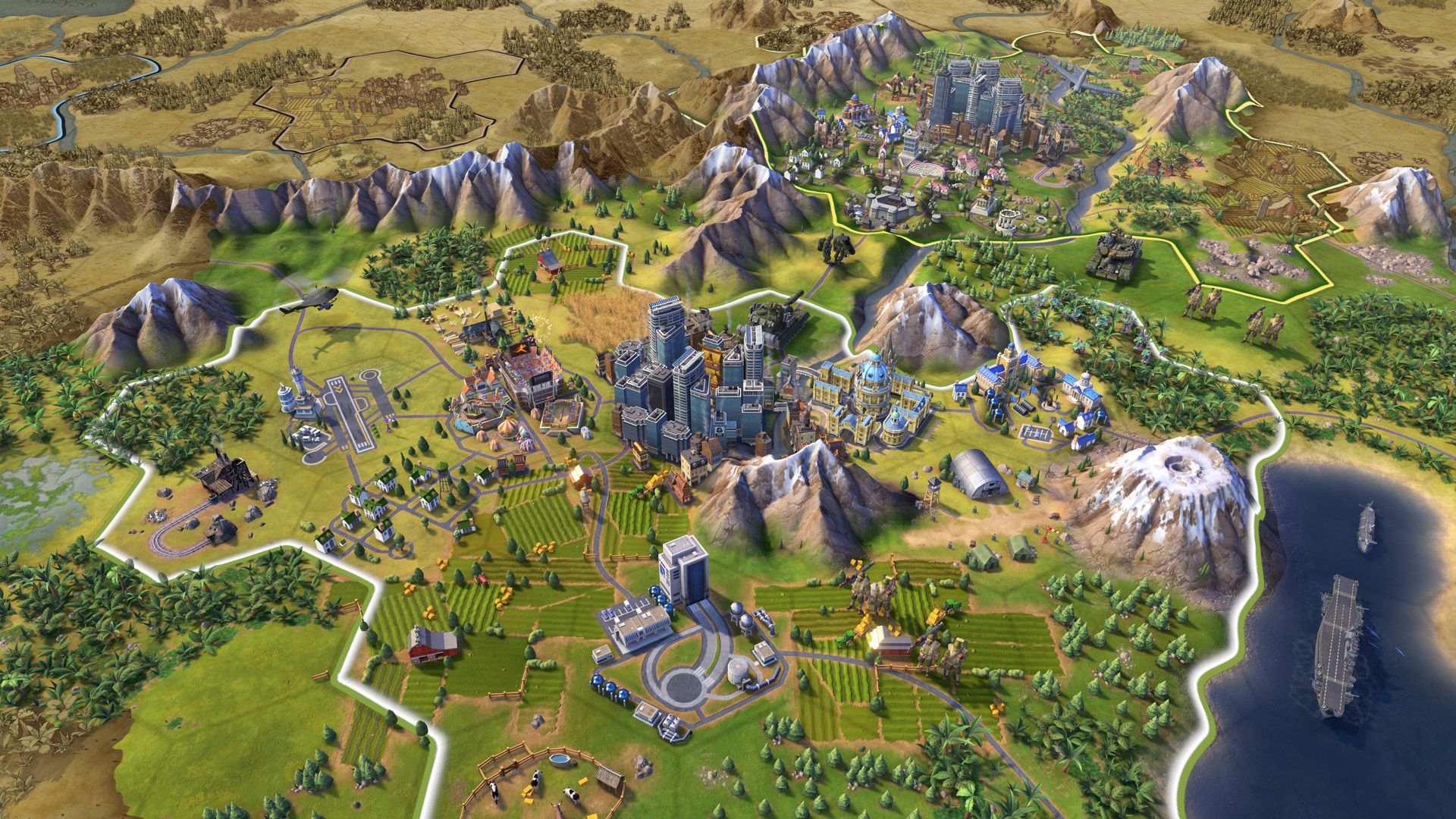

In previous Civ games, city improvements were mere statistical boosts or manufacturing gateways, rendered prettily with a slightly different artistic representation. In Civ 6, it's the city itself that is being altered.īut there is also a big change coming. Based on the limited amount of information so far released, these changes seem to be incremental. There are changes being made to trade, research, religion and more. In many ways, Civilization 6 takes its predecessors and iterates on the systems that have come before. You could not merely turn up at the enemy's gates with a stack of warriors and expect to win. Battles became more tactical and measured. For the first time, you were required to use only one military unit on any individual hex of land, rather than "stacking" multiple units together. This happened with Civilization 5, which introduced an entirely new way of fighting wars in 2010.

Lesser systems like trade, spycraft and religion bolster your goals, adding layers of improvability, information and convenience.īut there have been times when the game's developers - originally MicroProse and now Firaxis - have taken eye-catching and controversially bold steps to change the way the games are played. Core systems at your disposal include military conquest, scientific research and construction. You build cities and from those cities spring units and buildings that coalesce and augment the aggregate into an empire. In essence, Civilization 6 is the same game as Civilization. He talks about how the games began and how they've evolved over the last 25 years, as well as addressing his own thoughts about what direction epic strategy games ought to take. If you're a fan of the Civilization games, check out Polygon's recent interview with series creator Sid Meier. This point about tiny changes holds true, mostly, for the history of the series, over the past quarter century.

They tap into my desire to reorder chaos, to render it tamed, as if it were a disastrously unalphabetized record collection.

I have taken into my hands an item that is almost nothing and somehow turned it into another item that is just about everything.Īll this holds true for each of the Civilization games, from the first back in 1991, to the newest, Sid Meier's Civilization 6, due to be released on Oct. During the game, I've completed thousands of infinitesimally trivial tasks: upgrading, improving, building, allocating, choosing, resting, moving, beginning and completing. This absolute transformation from beginning to end is glacial, impossible to comprehend at any particular moment. By sundown, that same village is a metropolis at the center of a hyper-connected world, the hub from which lesser empires are bullied, coerced and crushed. At each game's dawn, I gaze upon my solitary village, adrift in an ocean of wild tundra and untamed wilderness.


 0 kommentar(er)
0 kommentar(er)
